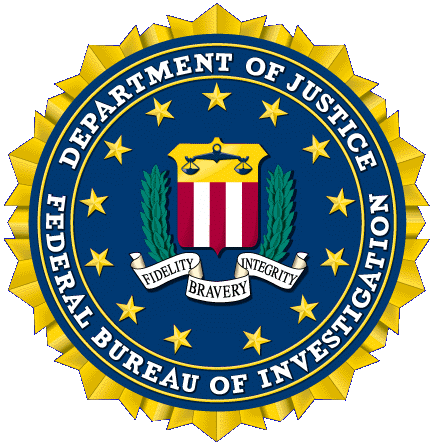The case Apple vs. FBI still giving you something to talk about. A lot of water has already flowed (and you can follow everything we talked about it through this tag), but this week, two new pieces of information have emerged that are worth commenting on.

FBI decision to keep the vulnerability a secret
In that article, when we said that the FBI managed to successfully unlock the iPhone 5c of the terrorist responsible for the attack in San Bernardino, we said that for Apple, knowing how the FBI managed to get their hands on the data is important as it would help to leave iOS and their products even safer; however, back in 2014, the White House said that the government would consider the pros and cons of opening these discovered vulnerabilities and, obviously, the one used in this specific case would undergo that analysis.
For this week the FBI officially reported that it will not share the vulnerability with Apple. In fact, the bureau decided that it would not even send the method used for the government's assessment (which would later assess whether or not everything would be shared with Apple).
According to the Bloomberg, the justification for this is that, despite having paid more than US $ 1.3 million to access the unlocking method, the FBI did not acquire the rights to the technical details and, therefore, does not have the information necessary to present the necessary information. for a review of President Obama's administration.
FBI wanting to show that it helps, yes, when it can
This vulnerability review process created by the White House aims to decide whether the government communicates the failures or not to the respective creators of the exploited software, so that everything is corrected. The idea that there is a balance between the desire of intelligence agencies (hacking devices to access certain sensitive data) and that of the civil community / companies in general (knowing the vulnerability so that it can be corrected before criminals and malicious people exploit it ).
Even created in 2014, the first vulnerability shared by the FBI within this process occurred on April 14 and, according to Apple, involved old models of iPhones and Macs.
Why April 14th? A few days earlier the FBI had commented that it would not have the legal ownership of the necessary technical information used to unlock the iPhone (exactly what they have confirmed now, as we reported). To try to show that, despite this, there is still a feeling of goodwill within the bureau, they shared this vulnerability.
However, as informed by the Reuters, the disclosed flaw did not alter Apple's perception of the case and the inefficiency of the vulnerability review process created by the White House. Although he declined to provide technical details, an Apple executive (who declined to be named) said the flaw had already been corrected by the company a while ago, when iOS 9 and OS X El Capitan were launched. 😕
· · ·
The privacy debate is far from over.
